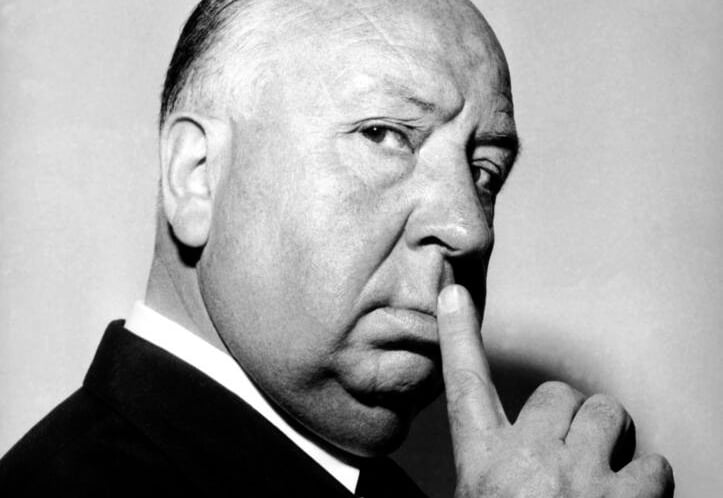Only for my family and close friends.
Alfred Hitchcock (1899–1980, United Kingdom)
Master of Suspense, Architect of Cinematic Fear
DIRECTORS
5/22/20251 นาทีอ่าน


The undisputed master of suspense, Hitchcock revolutionized thrillers with psychological complexity and technical brilliance. From Psycho to Vertigo, his films are studied for their groundbreaking camera work, editing, and exploration of fear, guilt, and obsession.
Alfred Hitchcock is, without question, one of the most influential filmmakers in history. Born in London in 1899, Hitchcock earned the title “Master of Suspense” for his unique ability to keep audiences on the edge of their seats.
His films are more than just thrillers — they are intricate puzzles, filled with psychological tension, unexpected twists, and unforgettable characters. Watching a Hitchcock film is like entering a game where you are both player and victim, constantly second-guessing what will happen next.
Why is Hitchcock’s work still essential today, in 2025? In an age of fast-paced editing and digital effects, his films remind us that true suspense comes not from explosions or car chases, but from careful storytelling, subtle details, and human vulnerability.
Hitchcock had an incredible eye for composition, using shadows, reflections, and camera angles to create mood and meaning. His stories explore guilt, identity, obsession, and fear — universal themes that remain as powerful today as they were 70 years ago.
Whether you are revisiting his classics or discovering them for the first time, Hitchcock’s films continue to inspire directors, writers, and audiences worldwide. They show that cinema can engage the mind as much as the senses, and that fear can be a form of art.
🎬 5 essential Hitchcock films to (re)discover:
Psycho (1960)
Rear Window (1954)
Vertigo (1958)
North by Northwest (1959)
The Birds (1963)
Hitchcock’s legacy lives on — every shadow, every heartbeat, every glance… a master class in cinema.
